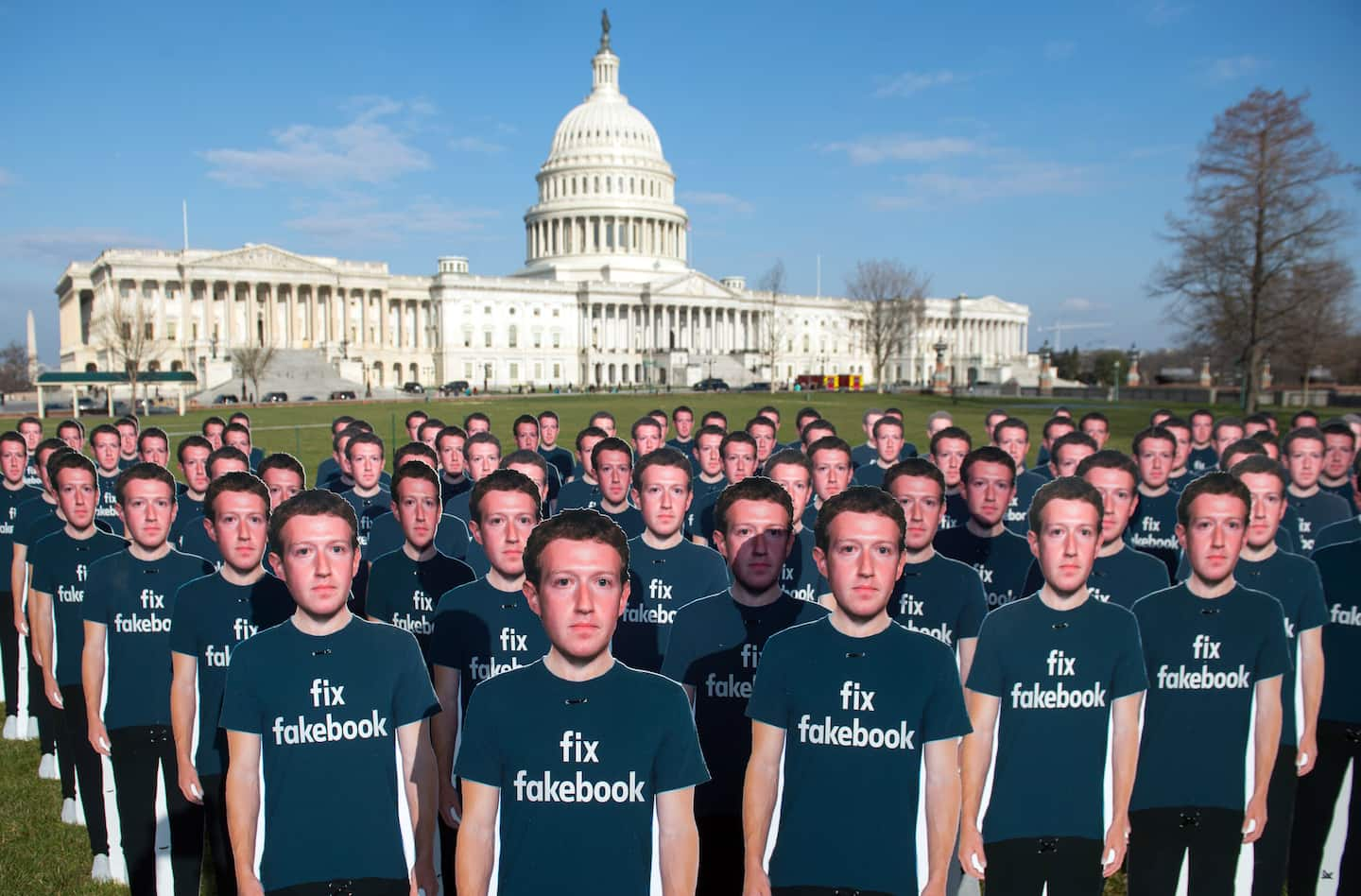Opinion | Covid-19, vaccine hesitancy and the misinformation conundrum

That’s understandable. Misinformation has flourished on Facebook and other sites for many years. Unlike truths, lies are unconstrained by reality, which means they can be crafted to be maximally interesting, sexy, terrifying. In other words, they’re optimized to generate traffic, which happens to be good for tech companies’ bottom lines. “Fake news” — whether fashioned by enterprising Macedonian teenagers, malicious state actors, U.S. political groups, snake-oil salesmen or your standard-issue tinfoil-hatters — drove tons of engagement on these sites in the lead-up to the 2016 election and has continued to do so.
***
This article has been archived by Conspiracy Resource for your research. The original version from The Washington Post can be found here.


